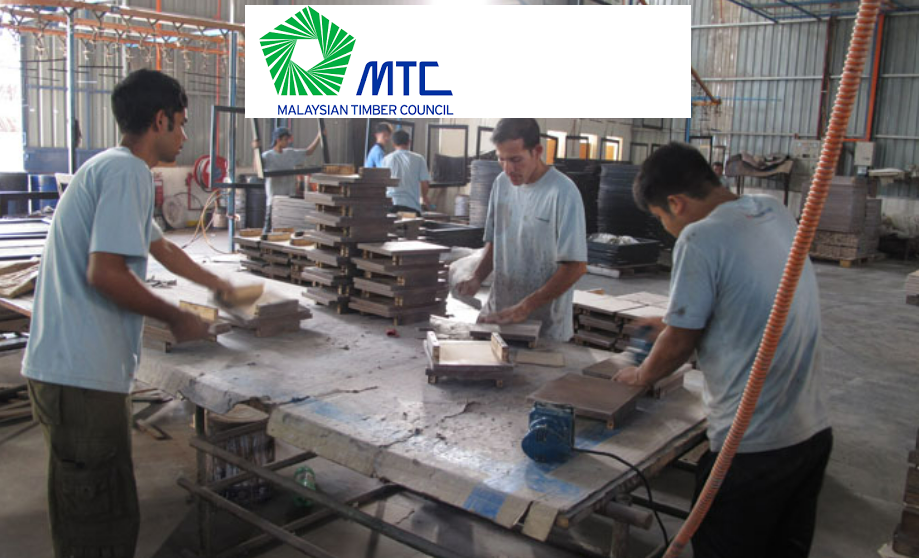IN light of the recent revelation of forced labour in the Malaysia timber industry, migrant worker rights specialist Andy Hall has urged the Malaysian Timber Board (MTC) and its members to heed the International Labour Organization’s (ILO) 11 indicators of forced labour to address the issue.
On top of his list is to rid unethical recruitment in the form of debt bondage and deception which undermines informed consent and eventually requires remediation given recruitment is key to many of the forced labour factories arising later.
“Recruitment is a key risk – not only due to debt, deception, vulnerability, documentation confiscation and compulsory departure, among others – but lack of informed consent in first place,” Hall had revealed at MTC‘s Enhanced Social Compliance Practices seminar on Aug 8.

In its booklet, the ILO sets out 11 key indicators of forced labour as comprising (i) Abuse of vulnerability; (ii) Deception; (iii) Restriction of movement; (iv) Isolation; (v) Physical and sexual violence; (vi) Intimidation and threats, (vii) Retention of identity documents; (viii) Withholding of wages, (ix) Debt bondage, (x) Abusive working and living conditions; and (xi) Excessive overtime.
In disclosing that he had received e-mails complaining of unethical hiring in the RM22.7 bil industry, Hall also cited constraints in the freedom of movement such as passport confiscation, cannot change job and inability to return home due to debt/shame as examples of forced labour practices.
Sabah Timber Industries Employees’ Union general secretary Engrit Liaw has called on MTC to be sensitive to the issue by taking “serious note” of the practice of “forced labour culture” in the country.
“Labour offices around the country should conduct inspections to verify the claim,” she told news portal Free Malaysia Today (FMT). “We should not just wait for complaints and then only act.”
Malaysia HR Forum co-founder Arulkumar Singaraveloo told FMT that the issue could be addressed if companies were to hire foreign workers directly from source countries without relying on multiple agents and sub-agents.
“Going direct and limiting to a single agent at a source country would give the company better control over the recruitment process,” he opined. “Having minimal layers in the recruitment process would help to reduce the overall recruitment cost.”
To rid elements of forced labour from the furniture industry, Hall also stressed on the need for an open tender process across the industry with detailed supervisory and engagement, third party monitoring and capacity building.
“The most urgent issue to bear in mind is rampant corruption among Malaysian agents and government which poses a challenge for the industry to pool their resources together,” he reckoned.
“This indecent profiteering can also pose a challenge to human resource/manpower departments. I would recommend working directly with source country agents without involvement of Malaysian agents although companies can work with whoever they wish to so long as they have a proper control and monitoring system in place.” – Aug 19, 2022









